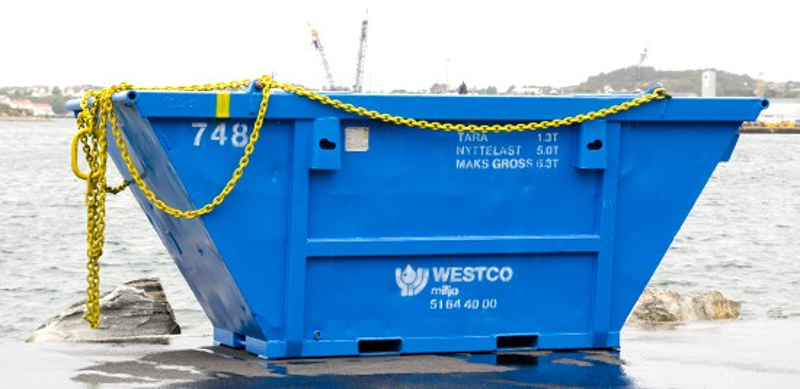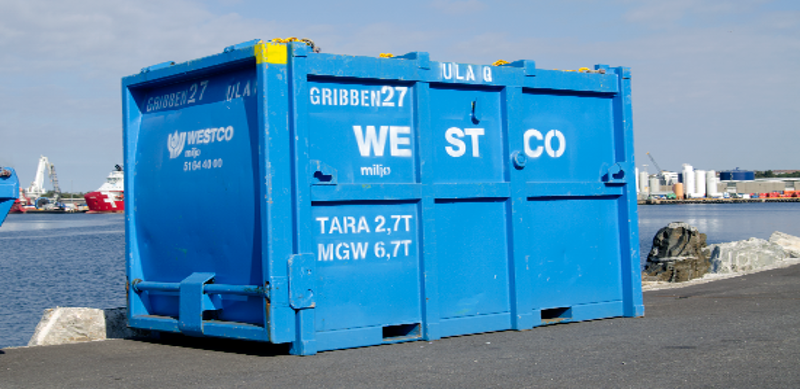
Hazardous waste must be handled in a safe and proper manner. All departments of SAR have a license to collect, receive and dispose of hazardous waste.
Businesses are required by the authorities to declare all waste categorized as "hazardous waste". Companies that produce waste are themselves responsible for knowing what hazardous waste is, and how it should be handled.
Are you in doubt about whether something contains dangerous substances?
Contact us for a review of the waste you produce and how you can handle this correctly.
SAR offers environmental consulting-services and courses to promote environmentally friendly and cost-effective Waste Chain Management throughout the entire value chain. See updates in our course calendar for future activities.
All hazardous waste must be labeled and declared in accordance with recommended guidelines.
Companies that produce waste and recipients of waste are obliged to declare hazardous waste.
The declaration gives the authorities an overview of how much hazardous waste there is, where it has arisen and who has taken care of it. If you do not want to do the declaration yourself, it is possible to give a power of attorney to an authorized actor. Contact your local SAR partner for more information.
Households and private individuals do not have to declare hazardous waste, but must provide information regarding what type of waste they deliver to municipal collection schemes.
For a complete list of hazardous waste, see the guidelines at avfallsdeklarering.no.
Avfallsdeklarering.no is a solution for declaring hazardous waste and radioactive waste. The solution is utilized by actors with a declaration obligation, authorities and others who want insights into declared waste.
For a complete list, see the guidelines in avfallsdeklarering.no.
Recommended reading: Recommended guidelines for Waste Management in the offshore industry
We will make sure that suitable liquid containers, intermediate bulk containers (IBCs) and collection drums for the different sorting fractions are provided where needed. We can either empty the waste or exchange the container. (link til tjeneste)
Among the fractions we commonly collect with ADR-accredited tank vehicles are:
Waste is sorted into drums, IBCs and small containers is collected with our ADR-accredited tanker or flat-bed lorry.
In order to handle industrial waste and hazardous waste in a safe, organized and cost-effective manner, it is vital to provide suitable equipment and products for storage, collection, transport and final disposal of the various fractions.
We offer advice and can help you identify the ideal solutions for your workplace. Buy or rent equipment for handling of hazardous waste.


Please reach out to Sindre for more informasjon or send us a short message through the contact form below.
